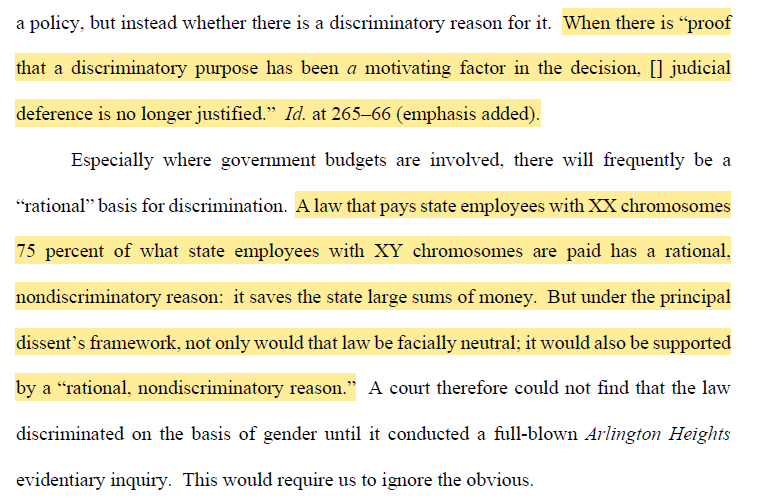National
Kennedy Library showcases Kameny letters to JFK
Pioneering activist wrote to White House from 1961-1963
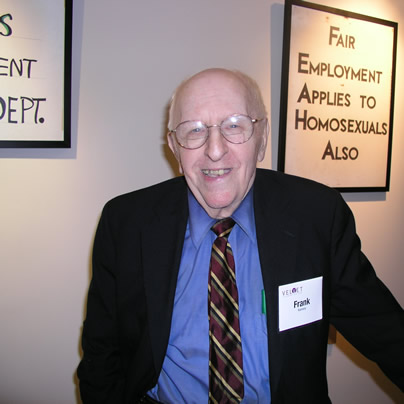
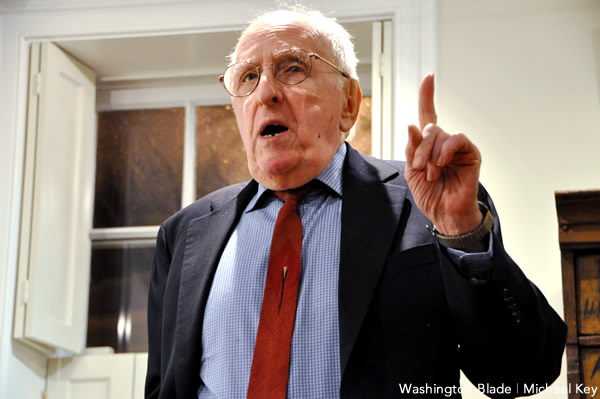
‘In 1961, it has, ironically, become necessary for me to fight my own government, with words,’ Frank Kameny wrote to President Kennedy. (Washington Blade file photo by Michael Key)
The John F. Kennedy Presidential Library in Boston is taking steps this month to publicize the dozens of letters, pamphlets and press releases that D.C. gay rights pioneer Frank Kameny sent to President Kennedy from 1961 to 1963.
In a prominent write-up on the Kennedy Library website, library official Stacey Chandler, a reference archives specialist, said the letters poignantly document Kameny’s role as one of the nation’s first advocates for the rights of gay people before the highest levels of the U.S. government.
Chandler said the letters and other documents from Kameny are part of the library’s archives and are available for viewing online. Kameny died at the age of 86 in 2011.
“In World War II, I willingly fought the Germans, with bullets, in order to preserve and secure my rights, freedoms, and liberties, and those of my fellow citizens,” Kameny told Kennedy in a letter dated May 15, 1961 that’s part of the archive collection.
“In 1961, it has, ironically, become necessary for me to fight my own government, with words, in order to achieve some of the very same rights, freedoms, and liberties for which I placed my life in jeopardy in 1945,” wrote Kameny. “This letter is part of that fight.”
In a letter dated Aug. 28, 1962 Kameny told Kennedy, “You have said: ‘Ask not what your country can do for you, but what you can do for your country.’ We know what we can do for our country; we wish to do it; we ask only that our country allow us to do it.”
Kameny wrote the letters in his role as president of the Mattachine Society of Washington, D.C., the city’s first gay rights organization that Kameny co-founded in 1961 and led through the 1960s and early 1970s.
Chandler noted in her article that the Mattachine Society of Washington came into being shortly after the U.S. Supreme Court declined to take the case of a legal challenge that Kameny filed against the then U.S. Civil Service Commission.
In a first-of-its-kind action, Kameny contested the Civil Service Commission’s decision in 1958 to fire him from his job as an astronomer with the Army Map Service in Washington following an investigation into alleged homosexual activity by Kameny.
Among other things, the Commission cited a 1953 executive order by President Dwight Eisenhower that barred from the federal workforce anyone with a history of “sexual perversion” and other “immoral or notoriously disgraceful conduct.” Homosexual acts between consenting adults were considered among the prohibited conduct.
“Kameny wrote an astounding number of letters throughout his lifetime of advocacy, most of which are now in the Library of Congress,” Chandler wrote in her Kennedy Library article. “The huge volume of his correspondence makes the personal nature of his letters to President Kennedy especially surprising for archivists here,” she said.
“In these letters, he tenaciously argued for the right of gay Americans to work as civil servants,” she said.
In the same May 15, 1961 letter in which he told of his combat service in World War II, Kameny told Kennedy, “Yours is an administration that has openly disavowed blind conformity…You yourself have said, in your recent address at George Washington University, “…that (people) desire to develop their own personalities and their own potential, that democracy permits them to do so.’
“But your government, by its policies certainly does not permit the homosexual to develop his personality and his potential,” Kameny wrote.
In a Feb. 28, 1963 letter, Kameny told Kennedy about his fledgling effort to persuade the American Psychiatric Association to remove homosexuality from its list of mental disorders.
“Homosexuality is neither a sickness, disease, neurosis, psychosis, disorder, defect, nor other disturbance, but merely a matter of the predisposition of a significantly large minority of our citizens.”
Chandler said the Kennedy Library’s archivists could find no response from Kennedy or anyone else at the White House to Kameny’s letters.
“In fact, the only response we’ve found in our archives is a brief note from John W. Macy, Chairman of the U.S. Civil Service Commission, to Bruce Schuyler, Secretary of the Mattachine Society, who requested a meeting,” Chandler wrote.
In his note to Schuyler, Macy said, “It is the established policy of the Civil Service Commission that homosexuals are not suitable for appointment to or retention in positions in the Federal service. There would be no useful purpose served in meeting with representatives of your Society.”
Chandler said that in a March 6, 1963 letter to Kennedy, Kameny appeared to be referring to the government’s lack of response to his and the Mattachine Society of Washington’s overtures to the Kennedy administration.
“We wish to cooperate in any way possible, if the chance for friendly, constructive cooperation is offered to us by you,” Kameny wrote, “but if it continues to be refused us, then we will have to seek out and to use any lawful means whatever, which seem to us appropriate, in order to achieve our lawful ends, just as the Negro has done in the South when he was refused cooperation.”
In 1975, after several court rulings against the Civil Service ban on gay employees that Kameny played a role in organizing, the Civil Service Commission ended its prohibition on gay federal workers. In 2009, John Berry, the gay director of the U.S. Office of Personnel Management, the successor to the Civil Service Commission, presented Kameny with an official government apology for his 1958 firing.
“Things have changed,” Chandler quoted Kameny as saying around the time Berry issued the apology with the full backing of President Obama. “How they have changed. I am honored and proud that it is so.”
The Kennedy Library, which is part of the U.S. National Archives and Records Administration, highlighted its collection of Kameny correspondence this month as a follow-up to a video that the NARA released in support of the It Gets Better Project, Chandler said.
LGBT rights advocates led by gay author and syndicated columnist Dan Savage created the It Gets Better Project to draw attention to bullying targeting LGBT youth. With President Obama among the political leaders and celebrities who have spoken in an “It Gets Better” video, organizers say the project has helped lift the spirits of many LGBT youth that have suffered from taunts and physical violence.
NARA director David S. Ferriero, who holds the title of Archivist of the United States, recorded a recent “It Gets Better” video that is available for viewing on the NARA website.
“It is so exciting that the Kennedy Library is highlighting Kameny’s letters to President Kennedy,” said Charles Francis, founder of the Kameny Papers Project, which arranged for Kameny’s voluminous correspondence and writings to be given to the Library of Congress.
Francis noted that copies of the Kameny letters to President Kennedy are among the collection at the Library of Congress but that the letters at the Kennedy Library are the originals.
“This was done on Frank’s typewriter from Frank’s living room,” Francis said.
“It’s progress. It’s real progress,” he said of the prominent treatment the Kennedy Library is giving to the Kameny letters.
See the Kennedy Library article on Kameny letters here.
Federal Government
4th Circuit rules gender identity is a protected characteristic
Ruling a response to N.C., W.Va. legal challenges
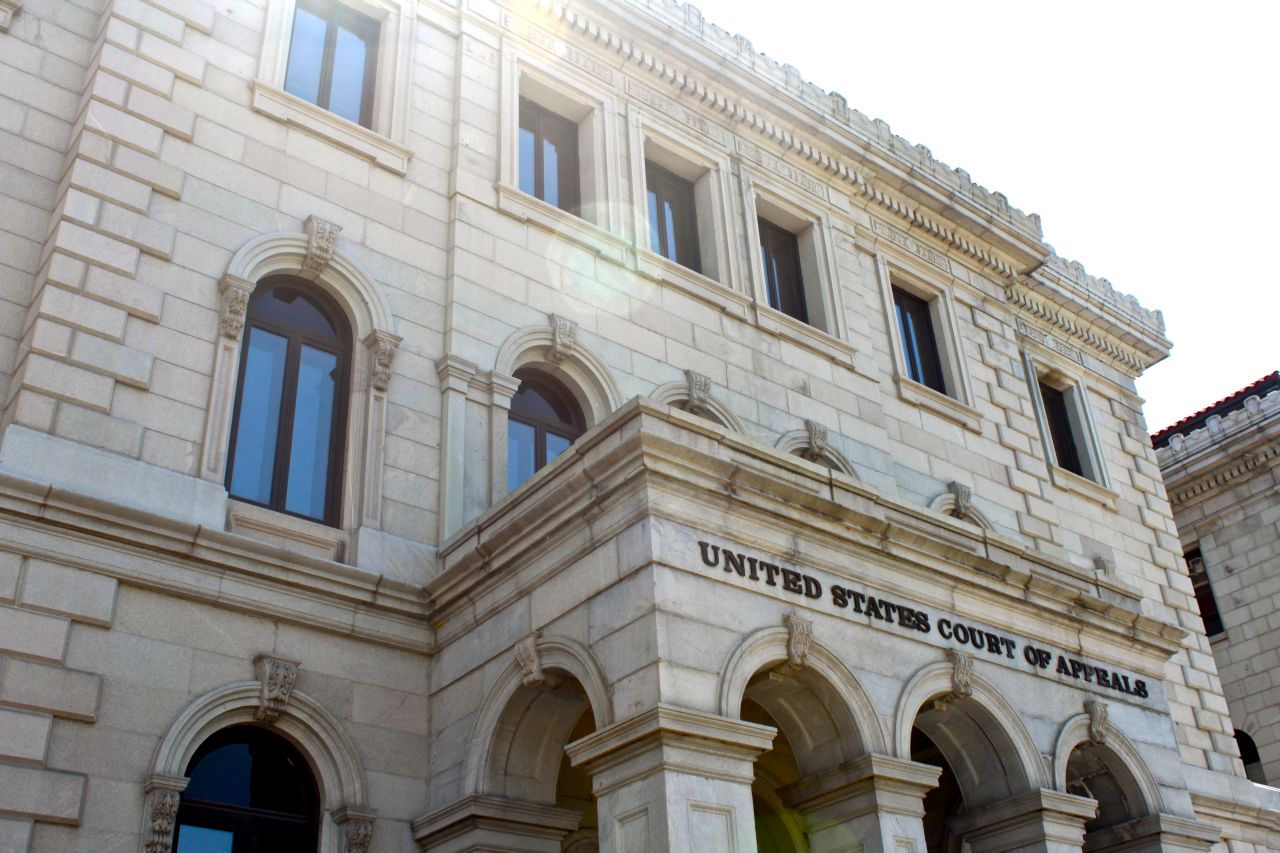
BY ERIN REED | The 4th U.S. Circuit Court of Appeals ruled Monday that transgender people are a protected class and that Medicaid bans on trans care are unconstitutional.
Furthermore, the court ruled that discriminating based on a diagnosis of gender dysphoria is discrimination based on gender identity and sex. The ruling is in response to lower court challenges against state laws and policies in North Carolina and West Virginia that prevent trans people on state plans or Medicaid from obtaining coverage for gender-affirming care; those lower courts found such exclusions unconstitutional.
In issuing the final ruling, the 4th Circuit declared that trans exclusions were “obviously discriminatory” and were “in violation of the equal protection clause” of the Constitution, upholding lower court rulings that barred the discriminatory exclusions.
The 4th Circuit ruling focused on two cases in states within its jurisdiction: North Carolina and West Virginia. In North Carolina, trans state employees who rely on the State Health Plan were unable to use it to obtain gender-affirming care for gender dysphoria diagnoses.
In West Virginia, a similar exclusion applied to those on the state’s Medicaid plan for surgeries related to a diagnosis of gender dysphoria. Both exclusions were overturned by lower courts, and both states appealed to the 4th Circuit.
Attorneys for the states had argued that the policies were not discriminatory because the exclusions for gender affirming care “apply to everyone, not just transgender people.” The majority of the court, however, struck down such a claim, pointing to several other cases where such arguments break down, such as same-sex marriage bans “applying to straight, gay, lesbian, and bisexual people equally,” even though straight people would be entirely unaffected by such bans.
Other cases cited included literacy tests, a tax on wearing kippot for Jewish people, and interracial marriage in Loving v. Virginia.
See this portion of the court analysis here:
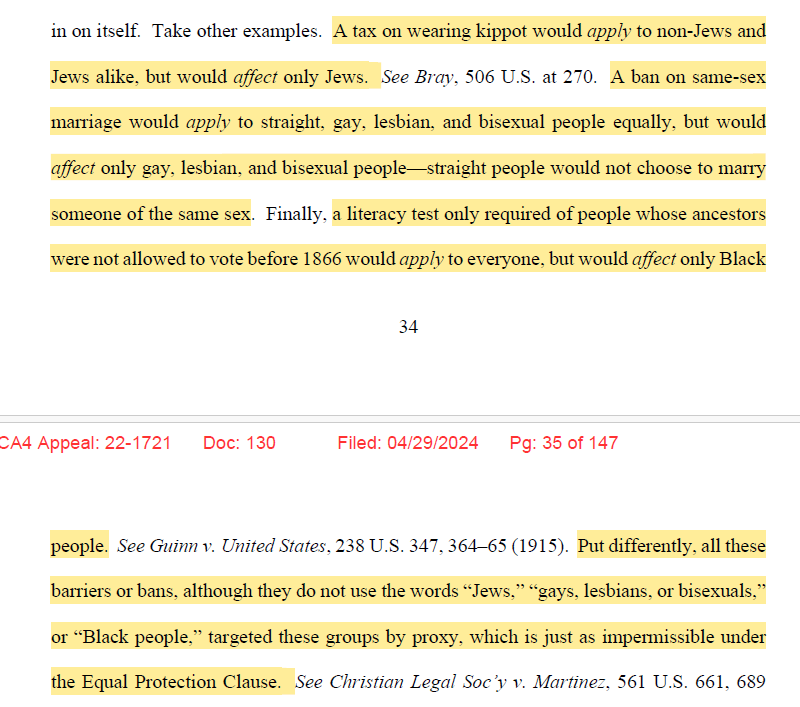
Of particular note in the majority opinion was a section on Geduldig v. Aiello that seemed laser-targeted toward an eventual U.S. Supreme Court decision on discriminatory policies targeting trans people. Geduldig v. Aiello, a 1974 ruling, determined that pregnancy discrimination is not inherently sex discrimination because it does not “classify on sex,” but rather, on pregnancy status.
Using similar arguments, the states claimed that gender affirming care exclusions did not classify or discriminate based on trans status or sex, but rather, on a diagnosis of gender dysphoria and treatments to alleviate that dysphoria.
The majority was unconvinced, ruling, “gender dysphoria is so intimately related to transgender status as to be virtually indistinguishable from it. The excluded treatments aim at addressing incongruity between sex assigned at birth and gender identity, the very heart of transgender status.” In doing so, the majority cited several cases, many from after Geduldig was decided.
Notably, Geduldig was cited in both the 6th and 11th Circuit decisions upholding gender affirming care bans in a handful of states.
The court also pointed to the potentially ridiculous conclusions that strict readings of what counts as proxy discrimination could lead to, such as if legislators attempted to use “XX chromosomes” and “XY chromosomes” to get around sex discrimination policies:
Importantly, the court also rebutted recent arguments that Bostock applies only to “limited Title VII claims involving employers who fired” LGBTQ employees, and not to Title IX, which the Affordable Care Act’s anti-discrimination mandate references. The majority stated that this is not the case, and that there is “nothing in Bostock to suggest the holding was that narrow.”
Ultimately, the court ruled that the exclusions on trans care violate the Equal Protection Clause of the Constitution. The court also ruled that the West Virginia Medicaid Program violates the Medicaid Act and the anti-discrimination provisions of the Affordable Care Act.
Additionally, the court upheld the dismissal of anti-trans expert testimony for lacking relevant expertise. West Virginia and North Carolina must end trans care exclusions in line with earlier district court decisions.
The decision will likely have nationwide impacts on court cases in other districts. The case had become a major battleground for trans rights, with dozens of states filing amicus briefs in favor or against the protection of the equal process rights of trans people. Twenty-one Republican states filed an amicus brief in favor of denying trans people anti-discrimination protections in healthcare, and 17 Democratic states joined an amicus brief in support of the healthcare rights of trans individuals.
Many Republican states are defending anti-trans laws that discriminate against trans people by banning or limiting gender-affirming care. These laws could come under threat if the legal rationale used in this decision is adopted by other circuits. In the 4th Circuit’s jurisdiction, West Virginia and North Carolina already have gender-affirming care bans for trans youth in place, and South Carolina may consider a similar bill this week.
The decision could potentially be used as precedent to challenge all of those laws in the near future and to deter South Carolina’s bill from passing into law.
The decision is the latest in a web of legal battles concerning trans people. Earlier this month, the 4th Circuit also reversed a sports ban in West Virginia, ruling that Title IX protects trans student athletes. However, the Supreme Court recently narrowed a victory for trans healthcare from the 9th U.S. Circuit Court of Appeals and allowed Idaho to continue enforcing its ban on gender-affirming care for everyone except the two plaintiffs in the case.
Importantly, that decision was not about the constitutionality of gender-affirming care, but the limits of temporary injunctions in the early stages of a constitutional challenge to discriminatory state laws. It is likely that the Supreme Court will ultimately hear cases on this topic in the near future.
Celebrating the victory, Lambda Legal Counsel and Health Care Strategist Omar Gonzalez-Pagan said in a posted statement, “The court’s decision sends a clear message that gender-affirming care is critical medical care for transgender people and that denying it is harmful and unlawful … We hope this decision makes it clear to policy makers across the country that health care decisions belong to patients, their families, and their doctors, not to politicians.”
****************************************************************************

Erin Reed is a transgender woman (she/her pronouns) and researcher who tracks anti-LGBTQ+ legislation around the world and helps people become better advocates for their queer family, friends, colleagues, and community. Reed also is a social media consultant and public speaker.
******************************************************************************************
The preceding article was first published at Erin In The Morning and is republished with permission.
National
GLSEN hosts Respect Awards with Billy Porter, Peppermint
Annual event aims to ‘inspire a lot of people to get active’

GLSEN will host its annual Respect Awards April 29 in New York, with guests including Miss Peppermint and Billy Porter.
Respect Awards director Michael Chavez said that the event will be moving.
“It will inspire a lot of people to get active and take action in their own communities and see how much more work there is to do, especially with all of the harmful things happening,” he said.
At the event, they will recognize the Student Advocate of the Year, Sophia T. Annually, GLSEN recognizes a student from around the country who is impacting their community.
“Sophia is doing incredible work advocating for inclusive sex education that is LGBTQ+ affirming, working with Johns Hopkins University to implement curriculum.” Chavez said.
Chavez calls the students that attend the Respect Awards the “biggest celebrities” of the evening.
“It is really important for the adults, both the allies and the queer folks, to hear directly from these queer youth about what it’s like to be in school today as a queer person,” he said.
GLSEN is a queer youth advocacy organization that has been working for more than 30 years to protect LGBTQ youth.
“GLSEN is all hands on deck right now, because our kids are under direct attack and have been for years now,” said actor Wilson Cruz.
Cruz is the chair of GLSEN’s National Board, which works to fundraise and strategize for the organization.
“I think we are fundamental to the education of LGBTQ students in school,” he said. “We advocate for more comprehensive support at the local, national, and federal levels so our students are supported.”
Chavez is one of the students that was impacted by this work. He led his school’s GSA organization and worked with GLSEN throughout his youth.
Cruz said Chavez is doing what he hopes today’s GLSEN students do in the future, which is pay the work forward.
“There’s nothing more powerful than people who have experienced the work that GLSEN does and then coming back and allowing us to expand on that work with each generation that comes forward,” he said.
Florida
Homeless transgender woman murdered in Miami Beach
Andrea Doria Dos Passos attacked while she slept
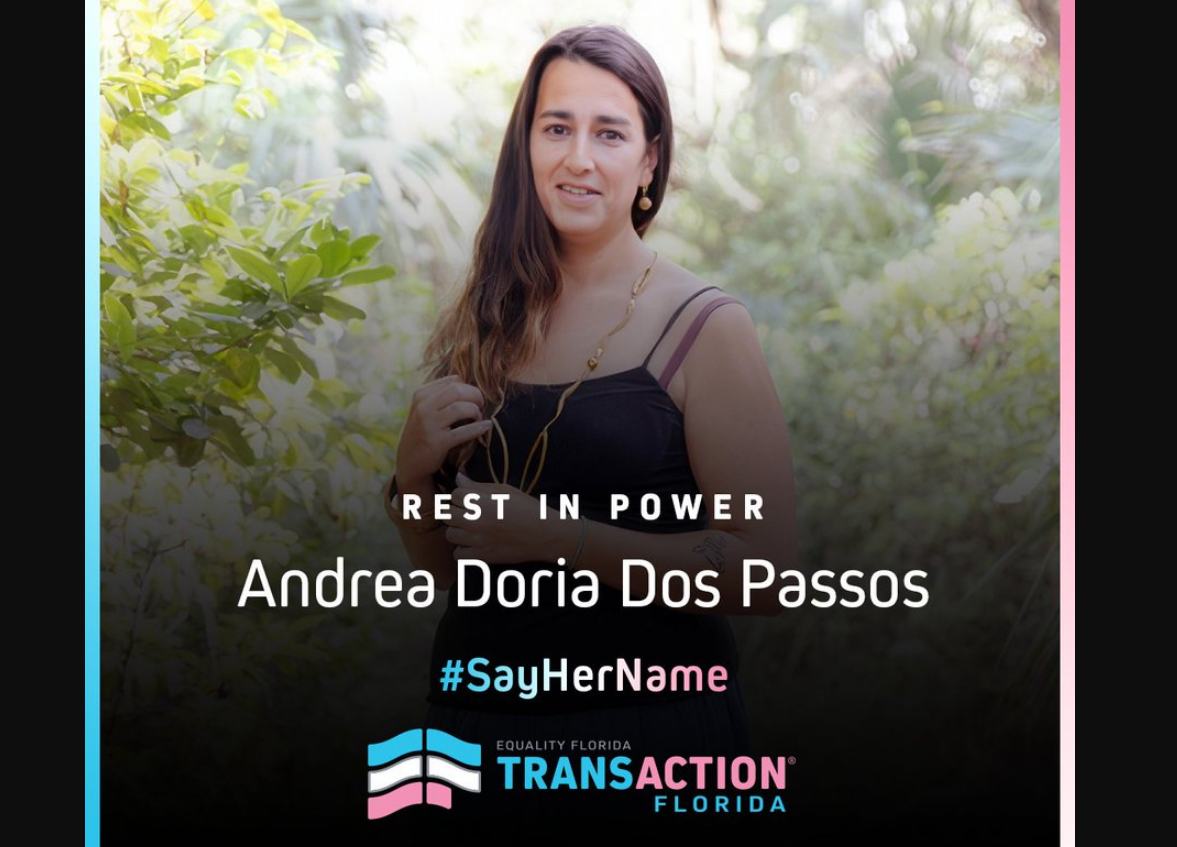
Gregory Fitzgerald Gibert, 53, who was out on probation, is charged with the second-degree murder of 37-year-old Andrea Doria Dos Passos, a transgender Latina woman who was found deceased in front of the Miami Ballet company facility by a security guard this past week.
According to a Miami Beach Police spokesperson the security guard thought Dos Passos was sleeping in the entranceway around 6:45 a.m. on April 23 and when he went to wake her he discovered the blood and her injuries and alerted 911.
She was deceased from massive trauma to her face and head. According to Miami Beach police when video surveillance footage was reviewed, it showed Dos Passos lying down in the entranceway apparently asleep. WFOR reported: In the early morning hours, a man arrived, looked around, and spotted her. Police said the man was dressed in a black shirt, red shorts, and red shoes.
At one point, he walked away, picked up a metal pipe from the ground, and then returned. After looking around, he sat on a bench near Dos Passos. After a while, he got up and repeatedly hit her in the head and face while she was sleeping, according to police.
“The male is then seen standing over her, striking her, and then manipulating her body. The male then walks away and places the pipe inside a nearby trash can (the pipe was found and recovered in the same trash can),” according to the arrest report.
Police noted that in addition to trauma on her face and head, two wooden sticks were lodged in her nostrils and there was a puncture wound in her chest.
Victor Van Gilst, Dos Passos’s stepfather confirmed she was trans and experiencing homelessness.
“She had no chance to defend herself whatsoever. I don’t know if this was a hate crime since she was transgender or if she had some sort of interaction with this person because he might have been homeless as well. The detective could not say if she was attacked because she was transgender,” said Van Gilst.
“She has been struggling with mental health issues for a long time, going back to when she was in her early 20s. We did everything we could to help her. My wife is devastated. For her, this is like a nightmare that turned into reality. Andrea moved around a lot and even lived in California for a while. She was sadly homeless. I feel the system let her down. She was a good person,” he added.
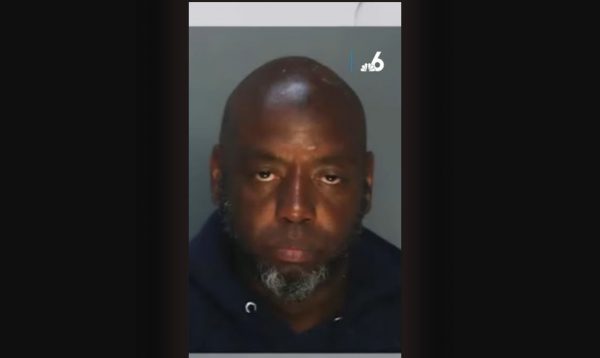
The Miami Police Department arrested Gibert, collected his clothing, noting the red shorts were the same type in the video and had blood on them. Blood was also found on his shoes, according to police. He was taken into custody and charged.
“The suspect has an extensive criminal record and reportedly was recently released from custody on probation for prior criminal charges. Police apprehended the suspect in the city of Miami and the investigation is currently ongoing. This case is further evidence that individuals need to be held accountable for prior violent crimes for the protection of the public. We offer our sincere condolences to the family and friends of the victim,” Miami Beach Mayor Steve Meiner said in a statement.
Joe Saunders, senior political director with LGBTQ rights group Equality Florida, told the Miami Herald that “whenever a transgender person is murdered, especially when it is with such brutality, the question should be asked about whether or not this was a hate-motivated crime.”
-

 District of Columbia5 days ago
District of Columbia5 days agoCatching up with the asexuals and aromantics of D.C.
-

 South America5 days ago
South America5 days agoArgentina government dismisses transgender public sector employees
-

 Mexico4 days ago
Mexico4 days agoMexican Senate approves bill to ban conversion therapy
-

 Advice4 days ago
Advice4 days agoShould I divorce my husband for the hot new guy in our building?







